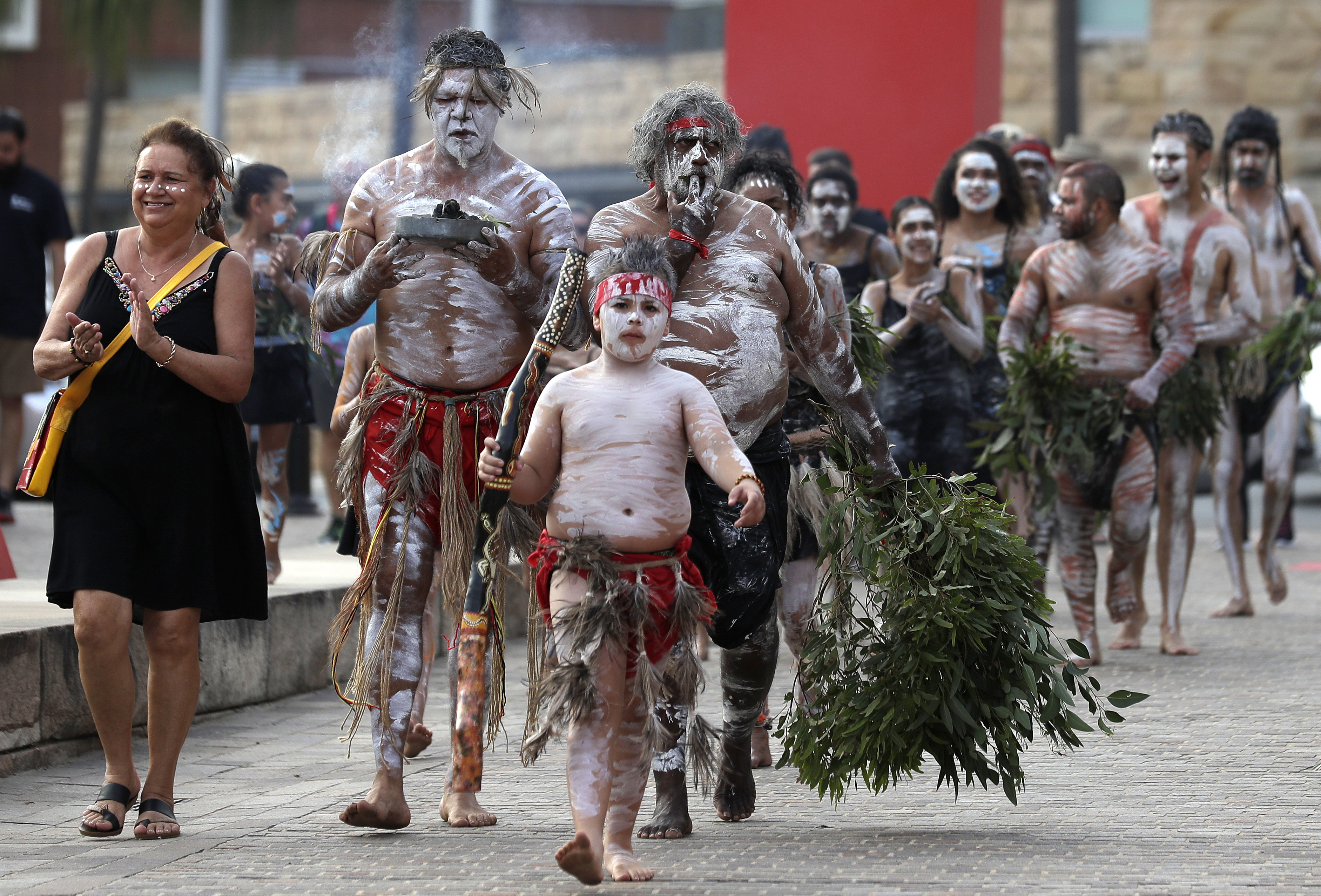
SYDNEY - The Australian state of Victoria on Thursday signed into law the country’s first treaty with Indigenous people, hailed by advocates as a major step towards reconciliation by giving first inhabitants more oversight on decisions that concern them.
The treaty, which will take effect on December 12, delivers a formal apology to Australia's First Nations people and establishes a permanent representative body to provide advice to the Victorian government.
"Today marks a new chapter in the story of our state," Victorian Premier Jacinta Allan said at a signing ceremony in Melbourne.
"When people have a real say over the things that impact their lives, their healthcare, housing, education, and the practice of their culture, their outcomes are improved and our state is made fairer," she said.
Australia has long lagged other colonised countries in reconciling with its first inhabitants, never having signed a treaty unlike the US, Canada or New Zealand.
Its roughly one million Indigenous citizens track well below national averages on most socio-economic measures.
A national referendum in 2023 to enshrine an Indigenous advisory body in the constitution was rejected by 60 percent of voters and all six states, a further setback to reconciliation efforts.
ALSO READ: Australia includes Reddit, Kick in teen social media ban
Harry Hobbs, a law professor at the University of New South Wales, said Victoria’s treaty marked a major step in recognising First Nations' rights to self-determination.
"It’s a moment that will influence treaty discussions across the country," he added.
Discussions to establish a treaty for Victoria began in 2016. The treaty bill was passed by the state parliament last month.
It requires a formal apology from the government to Indigenous people for historical injustices. It also creates a body known as the First Peoples’ Assembly to provide advice to the government on laws and policies related to Indigenous people, but will have no veto powers.
The treaty also creates a "truth-telling" body and an accountability body to ensure the state government upholds its commitments to Indigenous people.
"This makes us all a better state, a better country, better people," said Rueben Berg, a co-chair of the First Peoples’ Assembly.



